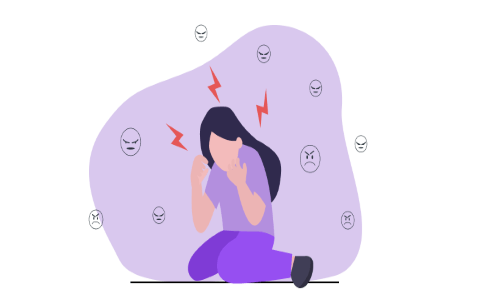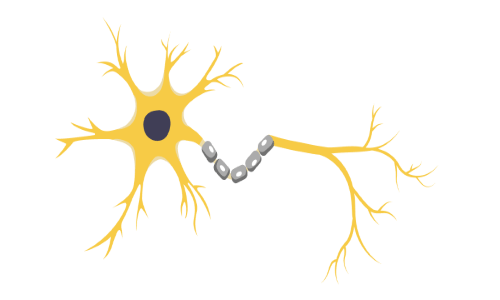
Live – EMDR Skills: A Comprehensive Step-By-Step Workshop
Open to access this content

Open to access this content

Open to access this content

Open to access this content

Open to access this content

Open to access this content